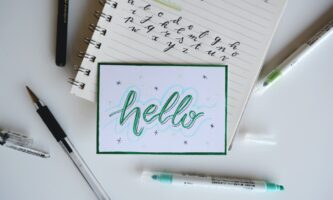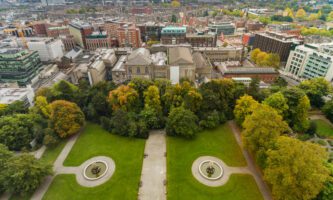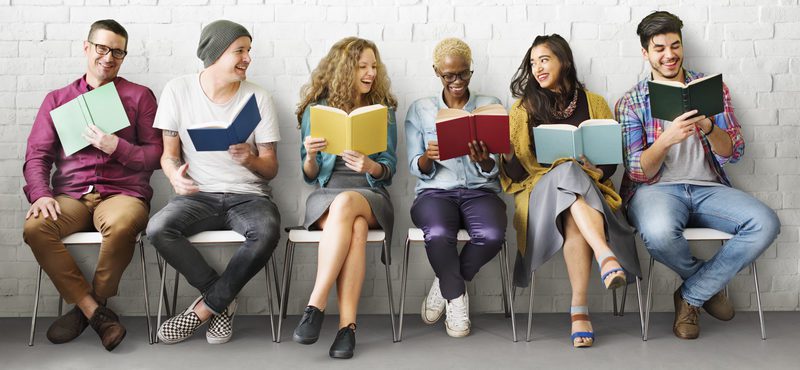How reading helped me develop my language skills
8 anos atrás
Quanto custa um intercâmbio?
Não vendemos pacotes e nem somos agência,
mas podemos te colocar em contato com elas.
Have you heard of Ili? It’s a new device that translates speech instantly and accurately for lazy tourists who find learning a few basic sentences too tedious. Some people are already wondering whether learning languages is relevant in the age of technology. This article is for those who are still interested in learning new languages and are curious about the best way to do it.


Learning a new language can be very exciting if you apply the right tools. © Rawpixelimages | Dreamstime
Whenever I get asked about the best way to learn a language, I unhesitatingly reply: “Watch movies. Tons and tons of movies”. But isn’t this article supposed to be about how reading novels will help you learning languages? Indeed it is, but bear with me, it’s not that simple.
The best way I can explain this is by sharing my very own success story. I don’t have any fancy academic background in English, I did 70% of the learning at home – and not by memorizing the Oxford dictionary, but rather by binge watching American and British movies without subtitles. And that is how I learned to speak fluently: plenty of listening and plenty of talking to myself in English when no one was around.
However, as the years went by, I realized that although I could speak relatively well, I couldn’t perfectly communicate complex ideas. So I found myself stuck with a predominantly colloquial vocabulary which I didn’t like. Thankfully, it took me less than a minute to find the ultimate solution. At the time I had already picked up the habit of reading, so I devoured every book I could lay my hands on. The very first was “Mansfield Park”, by Jane Austen. It wasn’t merely a novel for me, but a great English lesson. After that I focused on reading in English and English only for a while and sure enough, my English skills have improved significantly and are still improving…
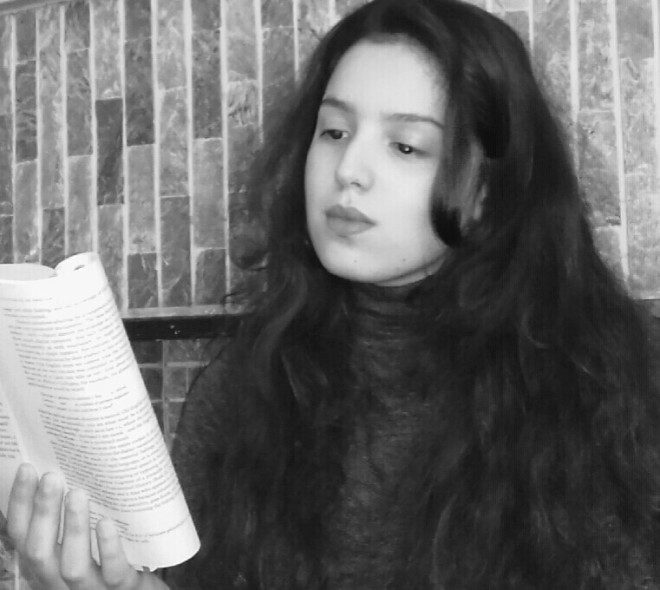

The secret of be able to speak so many languages? A lot of practice. Foto: Arquivo Pessoal.
Enough about English, reading has enabled me to stay in touch with classical Arabic. We don’t usually use it in everyday life and that may result in poor writing skills and inarticulateness as the years go by. Which is why it has become a priority of mine to read as many Arabic novels as possible. Arabic is an incredibly rich language, so It’s an absolute bliss to read in it. This is a very unbiased opinion.
Furthermore, thanks to reading, I have also been able to improve my French. In fact, I have been reading French literature for many years and it’s fair to say that I have a pretty decent level. However, because I relied fully on books, I often catch myself using words that are considered outdated or just too formal for everyday situations, which brings me back to my first point: rely on reading per se is not the best way to learn a language.
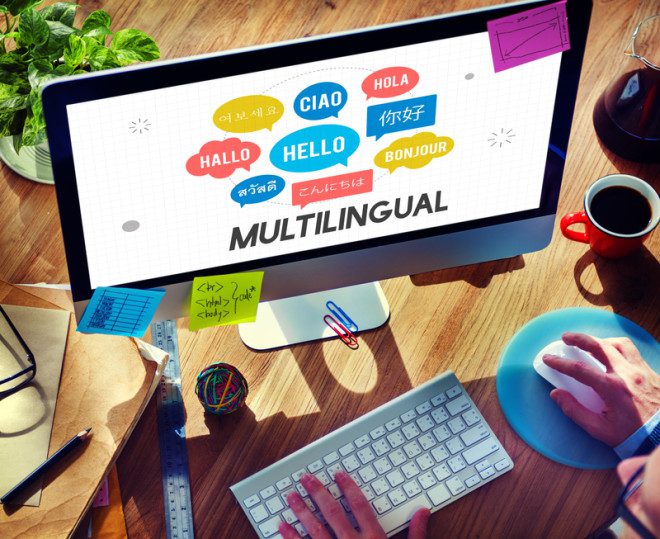

For Nesrine, balance is the key to learn efficiently other languages. Crédito: © Rawpixelimages | Dreamstime
Balance is key here, this powerful duo is, in my opinion, the most efficient. Movies are perfect for beginners, you get familiar with the pronunciation, you learn everyday vocabulary and you build a strong base. Books are for taking your language learning to the next level: academic achievements, eloquence in speech and let’s not forget the aura of sophistication they give you.
So, what qualifies me to share my expertise with you? Well, I speak four languages and I’m currently learning a fifth. There is no doubt that I wouldn’t have been able to speak all these languages as well as I do today had I not taken the time to read in them. Reading has become a big part of my life lately, and I feel immensely lucky to be one of those who find both reading and learning languages extremely pleasurable activities.
Languages are our way to connect with the world, books are our way to know about the world, no technology whatsoever can replace them. Besides, there is a plethora of priceless benefits you can draw from a bilingual, trilingual or multilingual brain that just happens to be hooked on books.
Recently, Nesrine presented an interesting talk about Reading, and how it can affect our brain in a positive manner.
About the author:
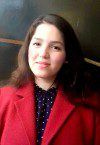
Imagens via Dreamstime
Encontrou algum erro ou quer nos comunicar uma informação?
Envie uma mensagem para [email protected]
Quanto custa um intercâmbio?
Não vendemos pacotes e nem somos agência,
mas podemos te colocar em contato com elas.
Veja também
É possível fazer intercâmbio com criança na Irlanda?
Este artigo foi útil?
Você tem alguma sugestão para a gente?
Obrigado pelo feedback! 👋
O que ver em seguida
-
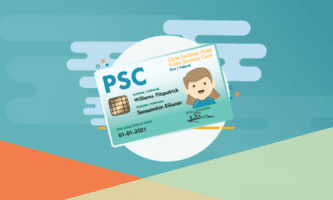 PPS Irlanda: para que serve este documento?
PPS Irlanda: para que serve este documento?Planeje seu Intercâmbio
PPS Irlanda: para que serve este documento?
Se você decidiu estudar ou morar na Irlanda e começou a pesquisar o máximo...
15 horas atrás
-
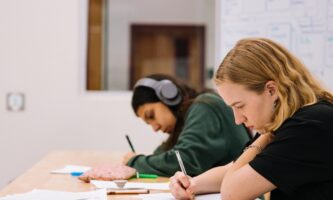 Preparatório Ielts: o que você precisa saber antes da prova
Preparatório Ielts: o que você precisa saber antes da provaPlaneje seu Intercâmbio
Preparatório Ielts: o que você precisa saber antes da prova
Você já pensou em fazer um preparatório Ielts (International English...
1 semana atrás



